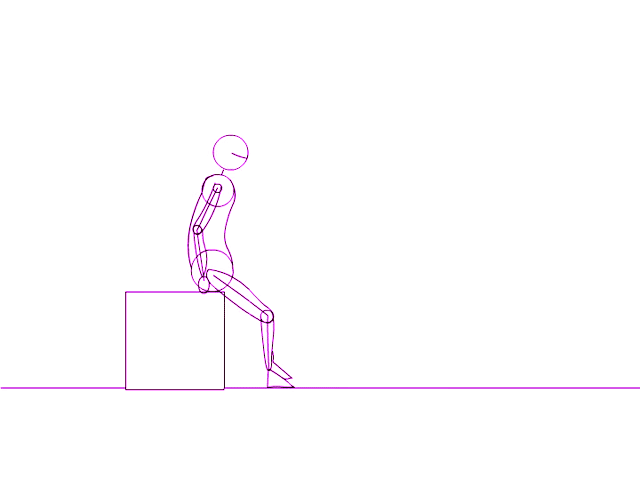1^ With the idea of the “transparent eyeball ”, Ralph Waldo Emerson romantacises the ‘artist as an entity which percieves without being percieved’. Interpreted optically, though, this is an impossiblility: an eye needs light bouncing off it to see, which is, by nature, visibility. As a response to Emerson, I find this a hilariously misguided analysis to such a poetic notion, while also revealing the reality of looking, as an innately (dismayingly) public exercise. I think the phrase “naked eye” empitomises this idea of self-consciously watching the world: if nudity is taken to mean visibiltiy, there’s an artistically awkward correspondence between the nudity of one’s eye and the nudity of one’s subject. I initially explored this in the poem, but found it clunky and left it at just the title.
2^ I find the obsessive shininess of Koons’ work the perfect metaphor for what irks me about it. Part of his enigma is an apparent desire to be a great communicator , accompanied by a jarring openness to subjectivity. No work ever suggests itself to be a certain thing: satirical, sincere, political, inane. They’re totally opaque. Even beyond that they’re reflective: they will only throw back a reflection of yourself at any attempt to look into them. To be cynical, perhaps this metaphorical “shininess” plays a part in their lucrativeness—the kind of person to amass billions of dollars is the kind of person who likes to see themselves “reflected”. It’s such an apt metaphor it almost suggests a great big trick, a satirical commentary in the vein of his idol, Duchamp . It would certainly explain the initials at the base of every work…
3^ The physicalist position on perception is that it is just a brain process. If the brain process of seeing red is different from that of learning everything about it (as would seem intuitive), this is not an antiphysicalist scenario. In fact, it’s own creator retracted it in 1998 despite it’s ongoing prevelance in contemporary philosphy. A brilliant analysis of what physicalist thinkers really don’t account for can be found in Thomas Nagel’s What Is It Like to Be a Bat?
4^
This bit is about how, while her brain is deprived of oxygen, she sees the world removed from any context or connotation: just the pure, percievable, literal reality of what she is viewing (something hard to imagine in a normal state of consciouness). I’m trying to use a simile of her knowledge being like a part of her that is still in the seat (like Peter Pan’s shadow outrunning him). Here’s an animation to demonstrate:

5^
This rhyme is specific to my Australian accent (pronouncing “meet her” as /ˈmiːthə/ ), but I left it in because, if anywhere permits a slant rhyme, it’s a poem about Emily Dickinson .
6^ With the idea of ‘lashes being so heavy they end up down-casting his eyelids’, I’m trying to play off of two ideas of lashes. One as a physically manifestated metaphor for the ugly issues with his outlook and the other as in the lashes he received from his abusive father as a child, which he sighted as an influence on his pessimistic worldview.
7^ By this I mean the social loophole of pretending to be staring out the window while really watching people in the reflection. I wrote this on the same communte as the neighbouring poems.